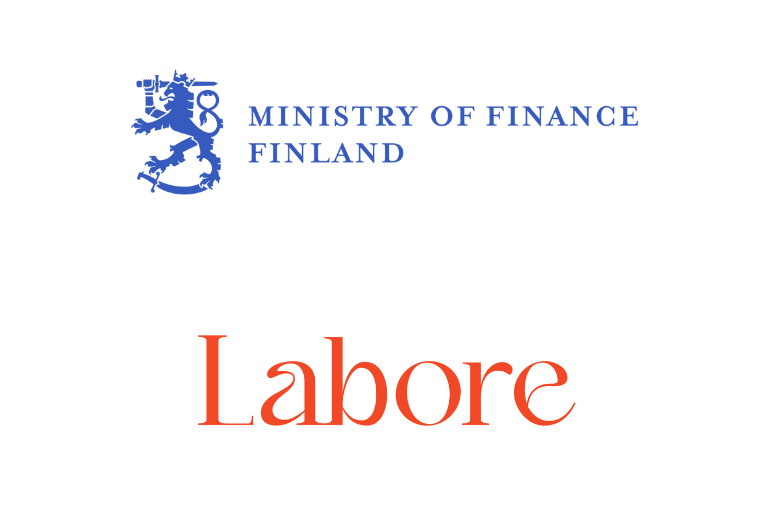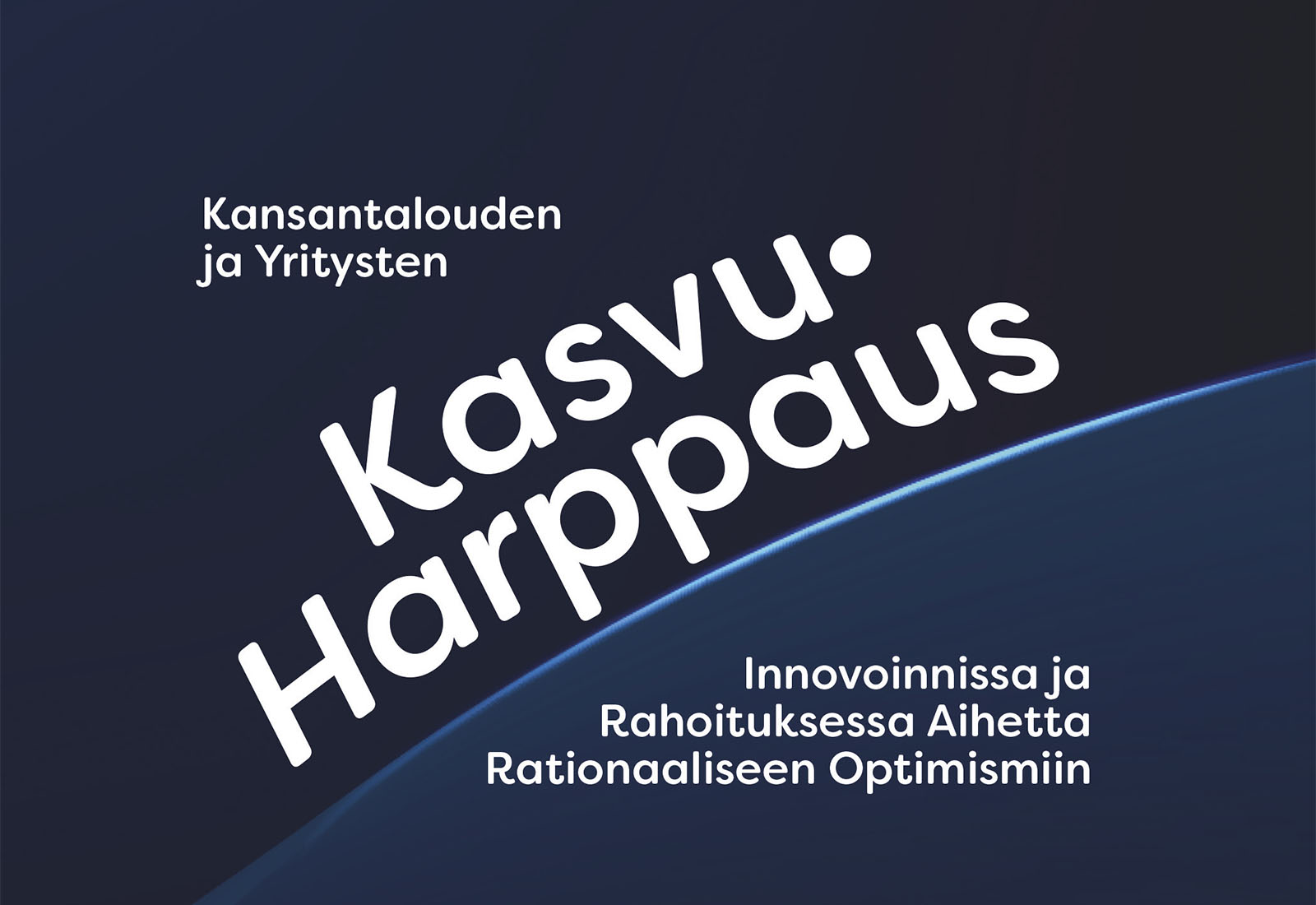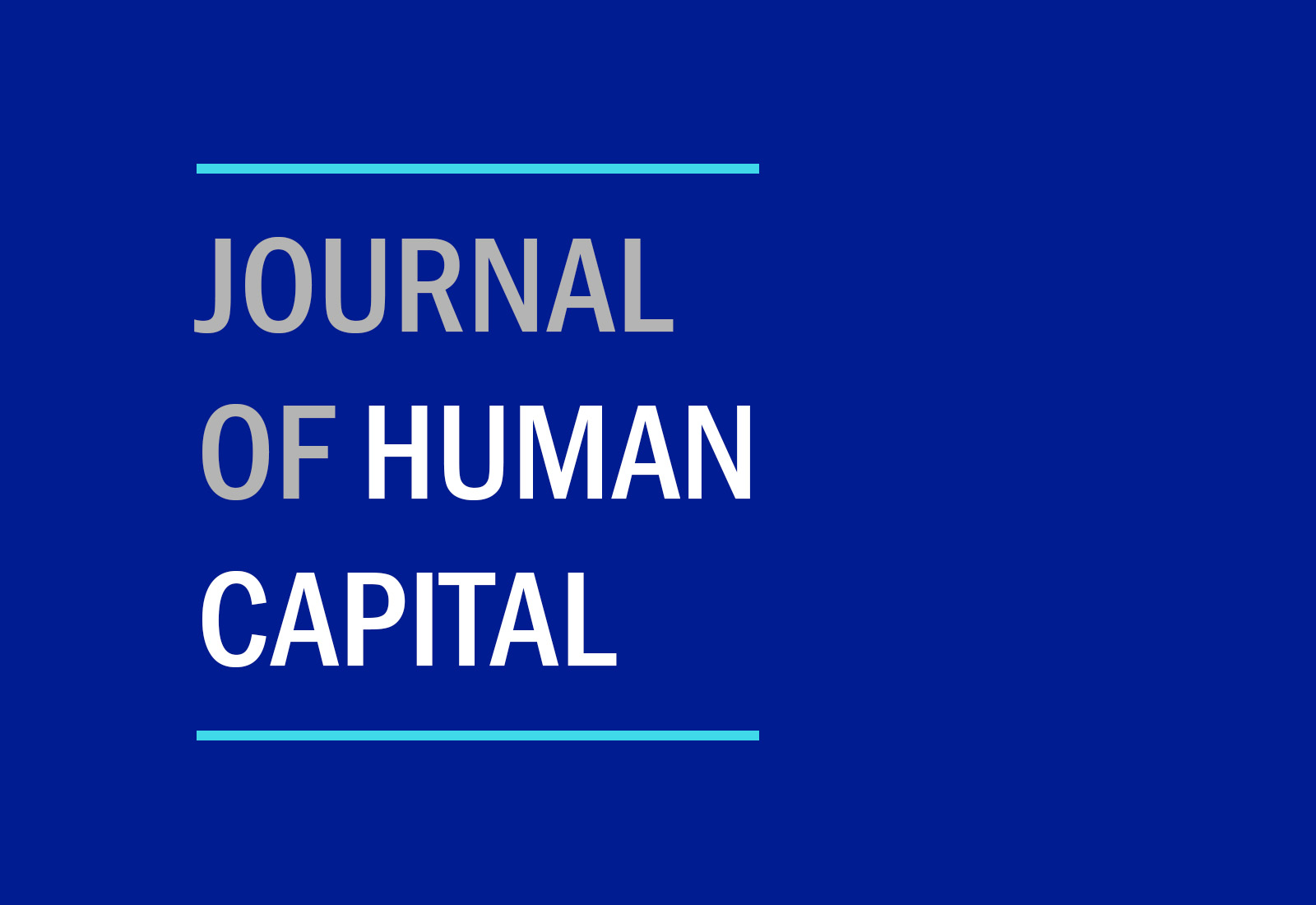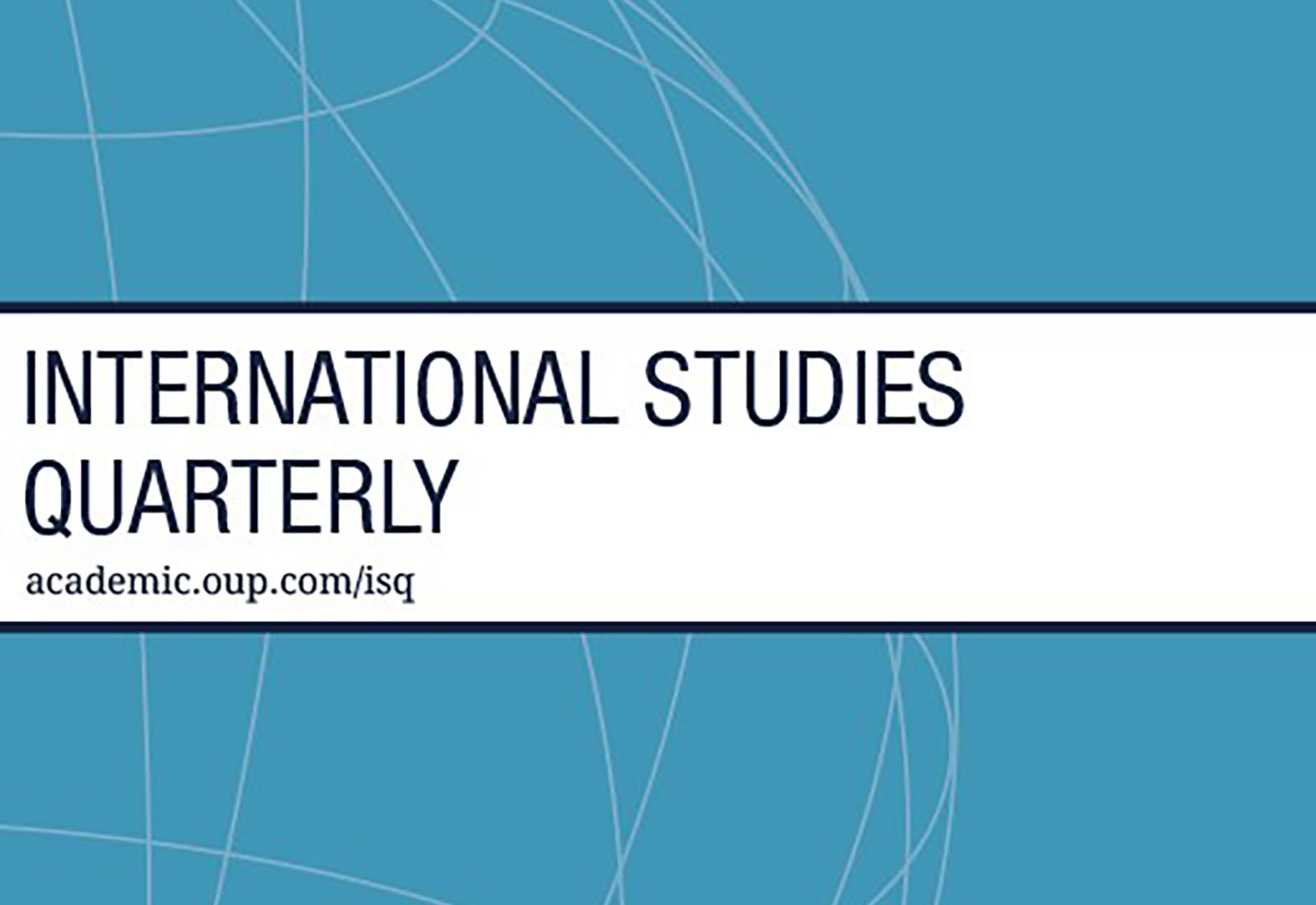Productivity Board: Shortage of Skilled Labour Threatens Productivity Growth in the Future

Productivity growth in Finland has been subdued, but cost competitiveness has remained unchanged. According to the Productivity Board, more high-productivity firms and more skilled labour are needed in Finland.
The Productivity Board, which operates under the auspices of the Ministry of Finance, published its report on 11 October. The report examines the reasons for Finland’s exceptionally slow productivity growth, resource allocation, intangible and intellectual investments, and developments in cost competitiveness and earnings.
Over the past decade, productivity growth in Finland has been very subdued. On the other hand, cost competitiveness has so far been maintained. Cost competitiveness is important for a small open economy like Finland in the short term, but in the long term, the most essential factor is economic productivity. According to the Productivity Board, more high-productivity companies and more skilled labour are needed in Finland.
There are several factors behind Finland’s slow productivity growth:
- a permanent negative technology shock experienced by the value chain in the electronics sector
- low productivity and growth in service industries
- poor allocation of resources: the share of the most productive companies in the workforce is not large enough
- lack of high-productivity companies
- not enough investments in intangible and intellectual capital
- shortage of skilled workers
Productivity can be promoted through policy
Productivity growth is based on innovation and the imitation of innovations made by others. This requires an adequate level of competence. Shortage of skilled labour threatens to reduce the efficiency of research and development investments and future productivity growth. The details of regulation and taxation may lead to incorrect and insufficient investments from the point of view of society.
Improving the outlook for productivity requires more investment in higher education and research and development. Skilled labour can be increased faster by immigration. One should also examine how investments would better promote productivity growth by adjusting the details of regulation and taxation.
Skilled people make productivity – lack of skilled workers threatens to slow down the efficiency of R & D investments and productivity growth
Link to publication: https://urn.fi/URN:ISBN:978-952-367-459-2

- Mika Maliranta
- Director
- Tel. +358-50 369 8054
- mika.maliranta@labore.fi
- Profile

- Ilkka Kiema
- Research Leader
- Tel. +358-40 940 2287
- ilkka.kiema@labore.fi
- Profile


